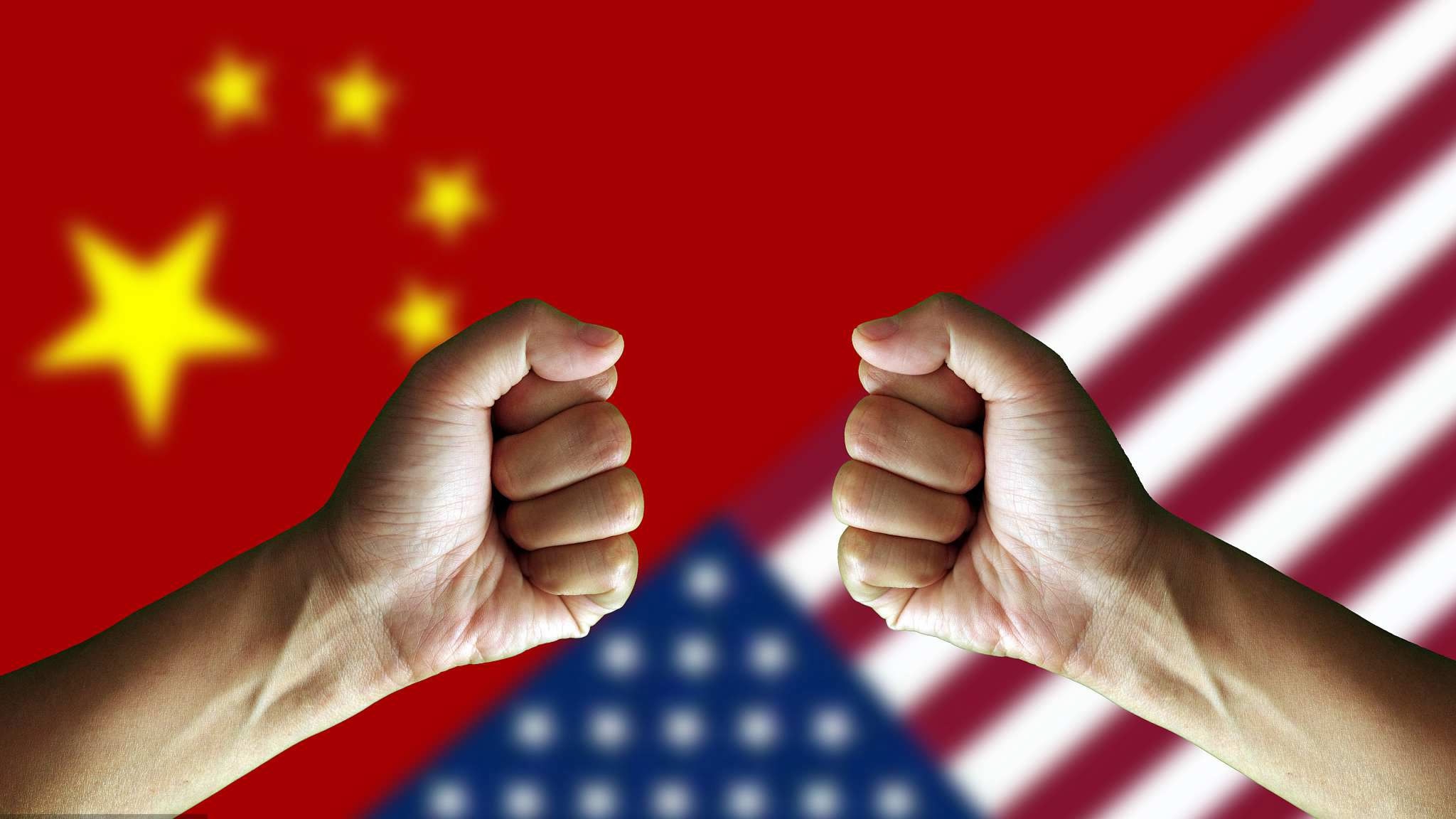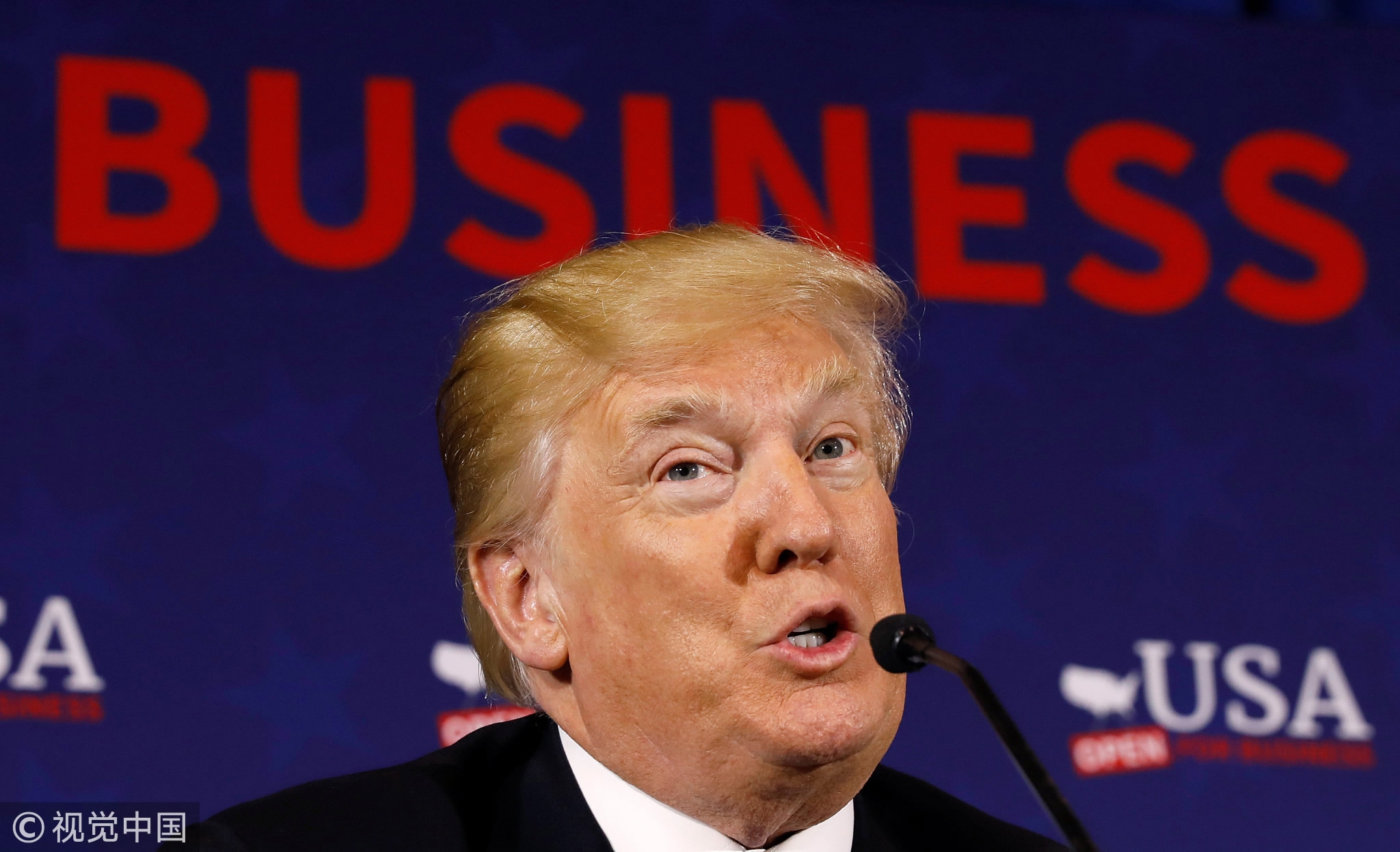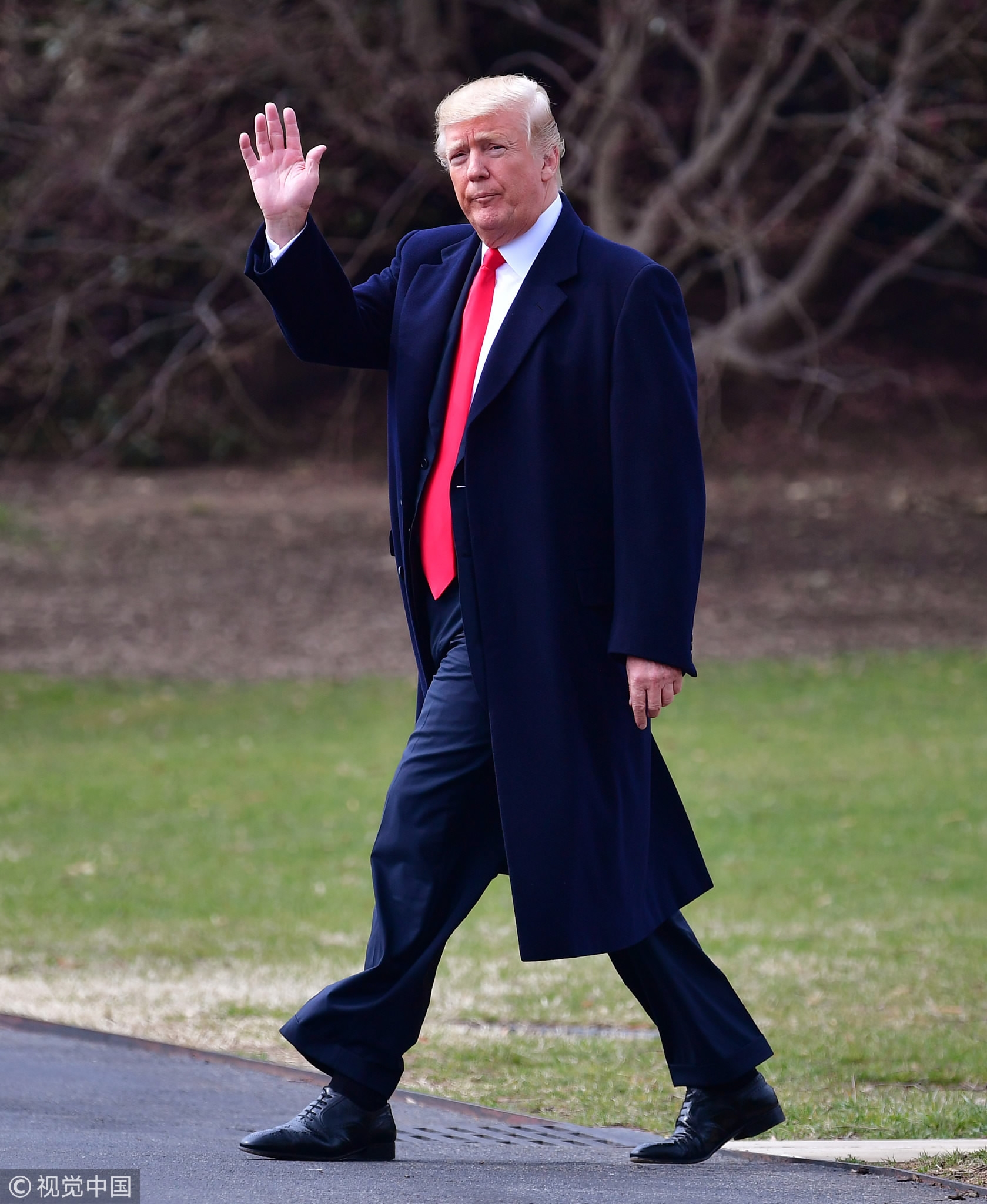
Opinions
12:37, 09-Apr-2018
Opinion: Is the US jeopardizing the rules-based global trading system?
Guest commentary by Xu Qinduo

The United States used to be known as a strong supporter of the World Trade Organization (WTO). It professed to believe that global trade needs to be conducted in a rules-based system. But President Trump appears to think otherwise. This is perhaps because, in his eyes, the WTO stands in the way of his America First principle. This leaves the world wondering if the United States is on the verge of abandoning the decades-old global trading system.
Early last month, the Trump Administration announced a 25 percent tariff on imported steel and a 10 percent tariff on imported aluminum. It said this was necessary in order to protect the national security of the United States. This was not the view held by many others, including some of America's closest allies. They saw the move for what it was: an exercise in protectionism.
After protests by several countries to the WTO, the Trump administration exempted some countries from the tariffs, in particular its allies, including the European Union, Australia, Canada and South Korea.
But not China, and not Russia.

US President Donald Trump speaks about tax reform during a visit to White Sulphur Springs, West Virginia, US, on Apr. 5, 2018./VCG Photo
US President Donald Trump speaks about tax reform during a visit to White Sulphur Springs, West Virginia, US, on Apr. 5, 2018./VCG Photo
These temporary exemptions didn't solve the fundamental problem with this action. By imposing tariffs unilaterally instead of seeking a solution through the WTO, the United States is breaking WTO rules. And in doing so, it is avoiding a robust examination as to why some countries were exempted and others were not.
The Trump administration went further down the path of unilateral protectionism when it announced in late March its new plan to impose annual tariffs on 50 billion US dollars of imports from China as a result of a Section 301 investigation.
Section 301 has gained notoriety for its use as a trade weapon by the United States. It was used in an attempt to block the rise of Japan in the 1980s. And in the late 1990s, a defiant European Union brought Washington to the WTO over its use of Section 301.
In 1999, a WTO panel ruled against the practice of unilateral action, in particular by economically powerful countries. According to the ruling, "Merely carrying a big stick is, in many cases, as effective a means to having one's way as actually using the stick."
The WTO refrained from going so far as to rule that the domestic US law broke WTO rules. But it did point out that this was because the United States had "explicitly, officially, repeatedly, and unconditionally" confirmed that it would only employ Section 301 tariffs based on the outcome of a WTO investigation and ruling.

President Donald Trump departs the White House for a day trip to Ohio in Washington, DC, on Mar. 29, 2018/VCG Photo
President Donald Trump departs the White House for a day trip to Ohio in Washington, DC, on Mar. 29, 2018/VCG Photo
But these assurances became nothing but hollow words when the Trump administration decided to act like a playground bully: "Give me some pocket money or I'll beat you with a big stick!"
WTO Director-General Roberto Azevêdo has warned that the decision by the United States to unilaterally disrupt trade "will jeopardize the global economy at a time when economic recovery, though fragile, has been increasingly evident around the world." This was a sentiment echoed by Norway's Prime Minister Erna Solberg when she hit out at President Trump in a speech, saying that the United States appeared to be "the biggest threat" to free trade.
As the stand-off between Beijing and Washington worsens without any sign of easing, the world trading system is in grave danger. If President Trump gets his way, and the United States abandons the WTO, every country risks paying a heavy price in future trade disputes.
(Xu Qinduo is a political analyst for CRI and CGTN, and a Senior Fellow of the Pangoal Institution. He has worked as CRI's chief correspondent to Washington, DC. The article reflects the author's opinion, and not necessarily the view of CGTN.)

SITEMAP
Copyright © 2018 CGTN. Beijing ICP prepared NO.16065310-3
Copyright © 2018 CGTN. Beijing ICP prepared NO.16065310-3